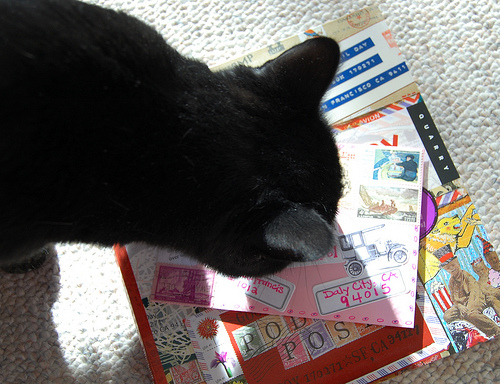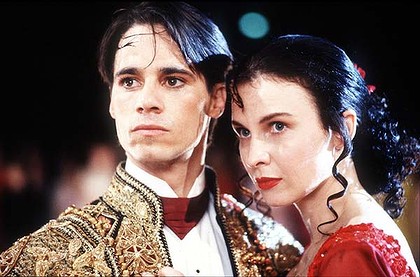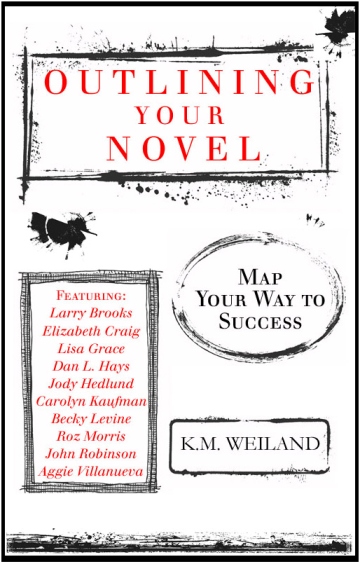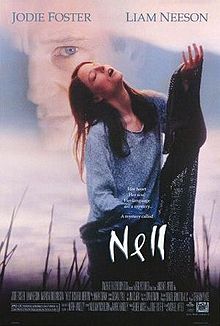The Heart of Your Story ~ Theme
Time to dive into another big novel element that speaks directly to the heart of your story–and that’s what this blog is all about. I’m going to delve deeply into themes because I feel a great book always has a great (or more than one great) theme. Hear what Donald Maass writes in Writing the Breakout Novel: “Most authors launch into their manuscripts without giving any thought to theme. Breakout novelists, on the other hand, generally are writing for a reason. They have something to say. . . . When [readers] run across a novel that has nothing to say, they snap it closed and slap it down–or perhaps hurl it across the room.”
Wow, that’s a pretty strong statement, but coming from a top literary agent, we have to assume he knows of what he speaks. He goes on to say something interesting to me: “Why do opinionated people bother with novels, which have challenging things to say? Novels are moral . . . For the most part they validate our values. And no matter what your values, there are novels to affirm them. . . . Readers tend to seek out the novels that accord with their beliefs. They want their values validated, true, but usually not in a simplistic, moralizing way. They may not want to be converted, but they do want to be stretched.”
We Are All Opinionated
I agree with Maass that although we may have opinions about things, as writers we need to be passionate about things. I mean, think about it. Why in the world would you spend a big chunk of your life writing a novel if you don’t have anything significant or of value to say in it? Sure, it may just be a hilarious comic farce meant to entertain, but with a theme, it could become so much more. And a novel in any genre can benefit from theme. Part of being a courageous, impassioned author is to be willing to share your passion through your writing. This doesn’t mean you aim to write a book that sermonizes and hits readers over the head with your beliefs. It does mean, though, that you infuse some of this into your story by way of your characters. If you haven’t spent any time thinking about a theme for your story, you may want to sit back and think.
Pass the Popcorn
In the next few posts, I want to explore theme with you, and one easy way is to look at some of my all-time favorite movies. They might not be yours, and now that I think of it, most of them are considered light and funny. but their themes are so rich and deep that I’m thinking maybe they were such huge hits because of their underlying themes (that viewers didn’t realize were there). In fact, I’m sure that’s the reason. because some of the acting in these movies is pretty awful–like hilariously awful (although I think it’s true only with Strictly Ballroom, and that dialogue is meant to be ridiculous). However, the scripts are brilliant. Okay, I’ll throw The Three Amigos in there too, since I’m going to touch on that flick a little.
I’ll be interspersing discussions about these movies while we talk about theme—how it works, how it looks. My recommendation to writers is this: Search deep in your heart, if you want to tell a powerful story, and find the themes that resonate. Don’t tell a story that means nothing to you–the reader will sense it and it will meaning nothing to her. In the movie Rich and Famous (if memory serves me) the lead character says, “If your writing doesn’t keep you up nights, it won’t keep anyone else up, either.” That line has stuck with me for decades in my writing journey. The more heart you put into your story, the more you will touch hearts. The more wrenched yours is as you write, the more likely you will wrench some of your readers’ hearts.
This week, watch a great movie and think about the theme. It may not be obvious, but once you figure it out, it will glare at you like a blinking neon sign. As we dig in to some of these great films, be sure to share your comments and tell us what movies you love that have great themes, and what effective ways those themes are expressed.












I agree with you that theme needs to be strong without the reader feeling like they’ve been beaten over the head with it. I don’t want to be preached to, and I dislike books in which the author seems to be on a soapbox (or multiple boxes :\), but I love stories that subtly speak to my sense of right and wrong and make me root for the characters. Used right, a strong theme(s) can really stir the emotions and endear a book to the reader.
Infusing a story with a passionate theme is a tricky proposition. As a reader, if I catch one whiff of an author preaching or pushing an opinion, I’m gone. With that said, theme can be powerful, but it must be character driven, and even then, done with a subtle touch. I think you have to get the reader completely involved before they realize there is a theme. If you can draw out strong emotions (laughter, anger, tears…) consistently, the readers will find the theme.
Usually a reader already knows the basic theme by the title and the back cover copy. They will mostly know what they are getting into. And I agree–theme should not be preachy but should come from the characters (who can certainly be preachy if that’s who they are). But just evoking emotion doesn’t necessarily imply a theme. A book about parents losing a child can make us cry, but it can be void of theme. Theme, rather, should evoke emotion by showing us the way an issue affects our characters.
In a word: Justice. That is my theme and I’ve never articulated it. And I don’t mean in the crime novel sense, I mean in the sense of humanity.
Love this post and will be keeping my eyes on future posts related to theme.
Thanks, Tracy. We’ll be looking at some great movies and their themes in upcoming weeks. thanks for joining in.
Thanks for kicking off what looks like a great series on theme. I treat theme as a question the writer asks, then sets out to answer via the telling of the story. “Is love stronger than fear? Let’s find out!” And of course the question can be asked over and over again in various works, and often is; you can find similar themes running all through an author’s work, as they continue to explore a central question in different ways with different characters and situations.
I’m really looking forward to future articles on this subject.
Thanks! Great point, and as I showed in the post, one question often leads to many more, which hopefully sparks scene ideas and character development. Brainstorming on theme is my favorite part of working on a novel.
A movie to me is hardly more than a short story; a novelette, at most. Movies simply don’t have the length of a novel and certainly don’t have the depth. So I’m a little mystified that we’re looking at themes in movies. Why not look at themes in novels, which is what we’re presumably trying to write?
-= Skip =-
I think you make a very good argument for planning theme. I’ve read a few articles about how a theme must grow organically and how it can’t or shouldn’t be premeditated for fear of not resonating as true with readers. After reading your post it’s been easier for me to get my head around that theme can be planned and yet grow organically. Thank you for an excellent post!